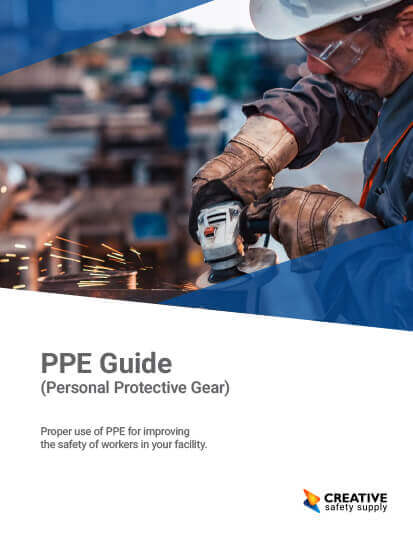
As experts continue to learn more about the novel coronavirus (COVID-19) it is becoming clear that one of the best things people can do to help protect themselves, and others, is take basic protective measures. The fact that COVID-19 can be asymptomatic for up to two weeks means that most people have no way to know who is, and who is not, already infected. In order to protect oneself and others, it is best to act as if everyone may be infected and take basic protective measures. The following are the most commonly recommended steps one can take to slow the spread of this infection:
- Social Distancing – Keeping people away from each other to the extent possible is likely the most important thing everyone can do. Minimizing groups of people gathering together in one room is step one. When it is necessary to have multiple people in a room, keeping them at least six feet apart is recommended.
- Frequent Washing of Hands – The COVID-19 virus is killed easily by common hand soap. Since the hands are the most likely place to pick up this virus and bring it into your body (through the mouth or nose), frequent hand washing is essential. Washing the entire surface of both hands, including the wrist, is needed. In general, this should take at least 20 seconds of vigorous washing to do properly.
- Disinfect Common Touch Points – In areas where people spend time, it is a good idea to disinfect common touch points (doorknobs, light switches, etc). This can be done with any antiviral cleaning cloth or solution. Wiping them down multiple times throughout the day is important for addressing re-contamination.
- Wear Cloth Masks in Public – Wearing cloth face masks when in public is now being recommended by the CDC. They do not recommend using N95 masks at this time, however, because they are needed by medical professionals and in short supply.
- Self-Isolation if Showing Symptoms – If someone is showing any symptoms of COVID-19 (dry cough, high fever, loss of sense of smell or taste, shortness of breath, and others) they should immediately self-isolate to reduce the risk of spreading the virus.
If everyone practices these basic preventative measures, the spread of this virus in the coming weeks and months can be dramatically slowed. This will help to keep people healthier and save lives.
Similar Questions
- What is the scale of social distancing?
- How can employers best protect employees from exposure in the workplace?
- What is the difference between social distancing and isolation?
- What are social distancing guidelines?
- What is the social distancing strategy?
- How does social distancing work?
- How can transmission of COVID-19 between employees be reduced?
- What are employer responsibilities during the recovery period?
- How can a healthy work environment be maintained?

